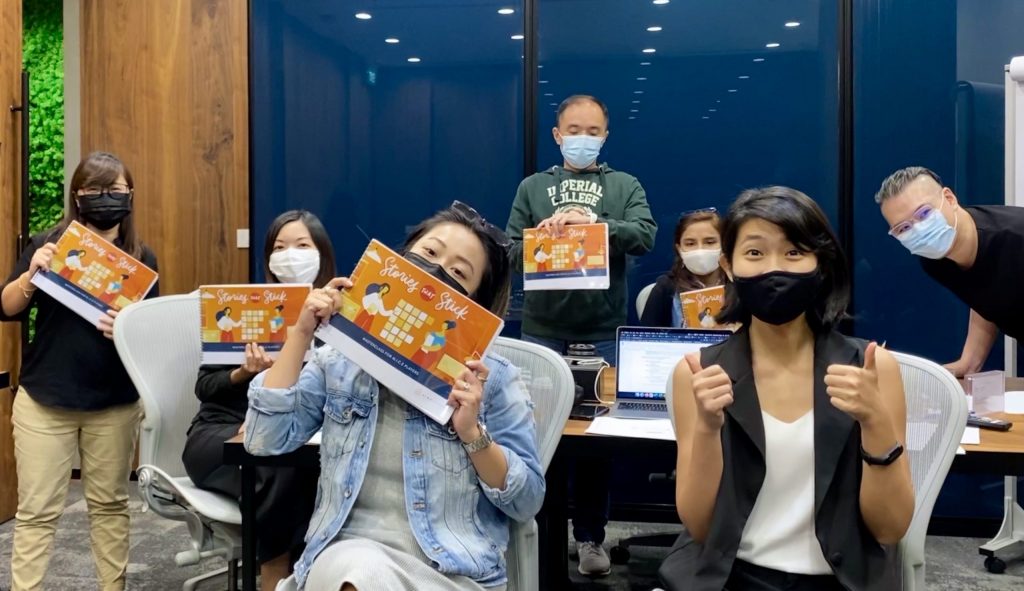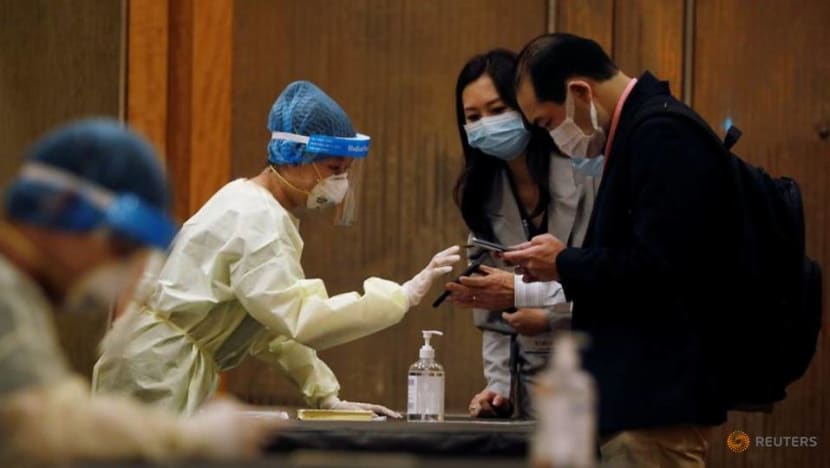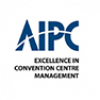- 06 May 2021
SACEOS COMMUNITY FEATURES

MICE players say tighter capacity limits 'a necessary step', bracing for further bumps ahead

Article was first published on CNA.
SINGAPORE: It was slightly more than a month ago when authorities announced that capacity limits at large-scale business events here will be raised to 750 people.
This kicked in from Apr 24 and was cheered by some in the pandemic-battered meetings, incentives, conventions and exhibitions (MICE) industry as a move that brought “renewed optimism”.
But this turned out to be short-lived as capacity limits will now be reversed back to 250 people from this Saturday (May 8). Pre-event testing will also be required if there are more than 100 attendees.
These will be in place until May 30 as Singapore tightens COVID-19 measures to halt the recent rise in community cases that include the country’s first hospital cluster.
“NECESSARY” STEP
The U-turn in rules came as no surprise for industry players that CNA spoke to.
Unearthed Productions’ chief experience officer Adam Piperdy said even before the authorities’ announcement, some of the company’s clients have voiced concerns over the emergence of new clusters and started scaling down their events.
“I believe this is a necessary temporary step that we have to take for the greater good of a more sustained recovery,” he added.
Mr Aloysius Arlando, president of the Singapore Association of Convention and Exhibition Organisers and Suppliers (SACEOS), described the tightened measures as “a difficult but necessary step” for Singapore to remain a safe events destination and curb the spread of COVID-19 in the wider community.
It will be important for the MICE industry to take “a calibrated approach” amid an evolving pandemic, with recent developments being reminders of “continued volatility”.
“Therefore, we will continue to take a measured and safety-first approach, and remain vigilant in monitoring the situation closely,” said Mr Arlando.
LIMITED IMPACT FOR NOW
Fortunately, impact from the cut in capacity limits will be limited for now, according to industry players.
This is because even though there was interest in organising larger-scale events since the previous rule change in March, these were still in the early stages of planning. Most of the confirmed events also remain hybrid or virtual, with capacities below 250 people.
“We had quite a strong interest from many of our clients to increase their attendance beyond 250 people. However as the announcement for that came only just three to four weeks ago … many of the 750-people events were just in the initial planning stages,” said Mr Piperdy.
Such larger-scale events usually take two to three months of advance planning, he added.
Tricom Events was also “engaged in substantive discussions” with many clients who were keen on increasing their event sizes. But with the majority of its events scheduled for the second half of the year, co-founder and director Janice Swee said it may be “too premature” to gauge an impact.
She also stressed that the new COVID-19 requirements still allow for business events of up to 250 people, instead of a reversal to pre-October levels where the cap was for 50 people. That “would have further hit the industry”, she said.
Over at TLC Events, the impact is also minimal as most of its events will be held online.
“After going through last year and looking at current circumstances, many of our clients are still not confident of having a physical or even a hybrid event,” said founder and chief executive Thomas Lim.
“We are also not affected because we have been preparing clients all this while, taking them through different scenarios and making sure we have contingency plans. Event organisers have to have different plans these days so that if something happens, another plan can kick in immediately.”
WHAT HAPPENS AFTER MAY?
That said, TLC Events will monitor the situation closely as it has a hybrid event coming up in June.
“The latest announcement is up till end-May and we don’t know if that will be extended or will there be ‘circuit breaker 2.0’. So that’s something we have to be watchful of,” said Mr Lim.
Other events coming up in June include the Shangri-La Dialogue, which is resuming after being cancelled last year for the first time due to the COVID-19 pandemic.
Organised by the International Institute for Strategic Studies (IISS), the high-level security summit is scheduled to take place from Jun 4 to 5.
IISS said it is “monitoring developments in Singapore, as well as the global COVID-19 situation, closely”.
“We continue to work in close partnership with the government of Singapore to ensure the highest levels of safety for participants in the Shangri-La Dialogue,” a spokesperson said in response to queries.
The Architecture and Building Services 2021, which has been billed as the biggest trade show to be held in Singapore since the start of the pandemic, is lined up for end-June. The trade show is expected to see 2,500 attendees.
Event organiser Conference & Exhibition Management Services said it has been in consultation with authorities and venue partner Marina Bay Sands on safety measures since the trade show was approved in March.
The company’s managing director Edward Liu said he is confident that the new measures taken by the Government will help contain the spread of the virus.
“We have to be calm and circumspect about the current pandemic situation. We would take the necessary decisions and actions at the appropriate time, and in the interest of all parties and the country,” said Mr Liu.
Given the evolving situation, Mr Arlando from SACEOS said it will be important for organisers with events lined up in the coming months “to monitor the situation closely and stay up to date on the latest advisories”.
TOUGH RECOVERY AHEAD?
The MICE industry is among those that have been dealt a heavy blow by the COVID-19 pandemic. A key player in Singapore’s tourism industry, it contributed S$3.8 billion in value-add to the economy, or nearly 1 per cent of gross domestic product, and supported more than 34,000 jobs prior to the pandemic.
Singapore has been taking steps to revive the multibillion-dollar industry as it gears up to host the World Economic Forum in August.
Since the announcement of a safe business events framework by the Singapore Tourism Board in July last year, about 60 MICE events hosting close to 9,000 attendees have been held.
The Bloomberg New Economy Forum will also be held in Singapore from Nov 16 to 19, bringing together about 400 business and government leaders and academics from around the world.
Asked if the latest development is a fresh blow, SACEOS said the MICE community has shown resilience throughout the pandemic, and has come together to chart a recovery “in a progressive and practical way”.
Collaboration with public agencies also provided a platform to operationalise and test-bed safe management protocols, as well as gather data points through the pilot events, said Mr Arlando.
SACEOS also stands ready to play its part in ensuring that Singapore is a safe destination for event organisers and participants from both locally and internationally, he added.
Tricom Events said it is “cautiously optimistic that recovery, while slow, remains calibrated and measured”. It also learned how to be prepared for change and uncertainty amid the pandemic, and be agile and versatile in its plans.
“We are prepared for small bumps along the road to recovery and will have to adjust as we move forward,” said Ms Swee.
Echoing that, Mr Lim said event organisers will have to be “even more versatile” by incorporating more virtual elements.
“There has to be more digital planning in place, compared to physical, so that we are ready if another situation happens. Instead of having to go back to the drawing board, postpone and so forth.”
That said, the shift to online involves tedious planning so as to ensure that the experience remains seamless and engaging for attendees. It also does not come cheap.
“Depending on the scale and specifications of the event, cost can range from 20 per cent cheaper to 50 per cent more than a physical event,” said Mr Lim, adding that talent is another hefty production cost.
Suntec Singapore said it is working closely with its partners to implement the newly announced guidelines and will “make any necessary adjustments to ensure compliance for events planned in May”.
It also said it has experience in organising pilot events such as the Tourism Industry Conference in April, as well as hybrid events.
“We are confident that once these temporary restrictions are lifted, the events will continue to grow and develop,” a spokesperson said.












